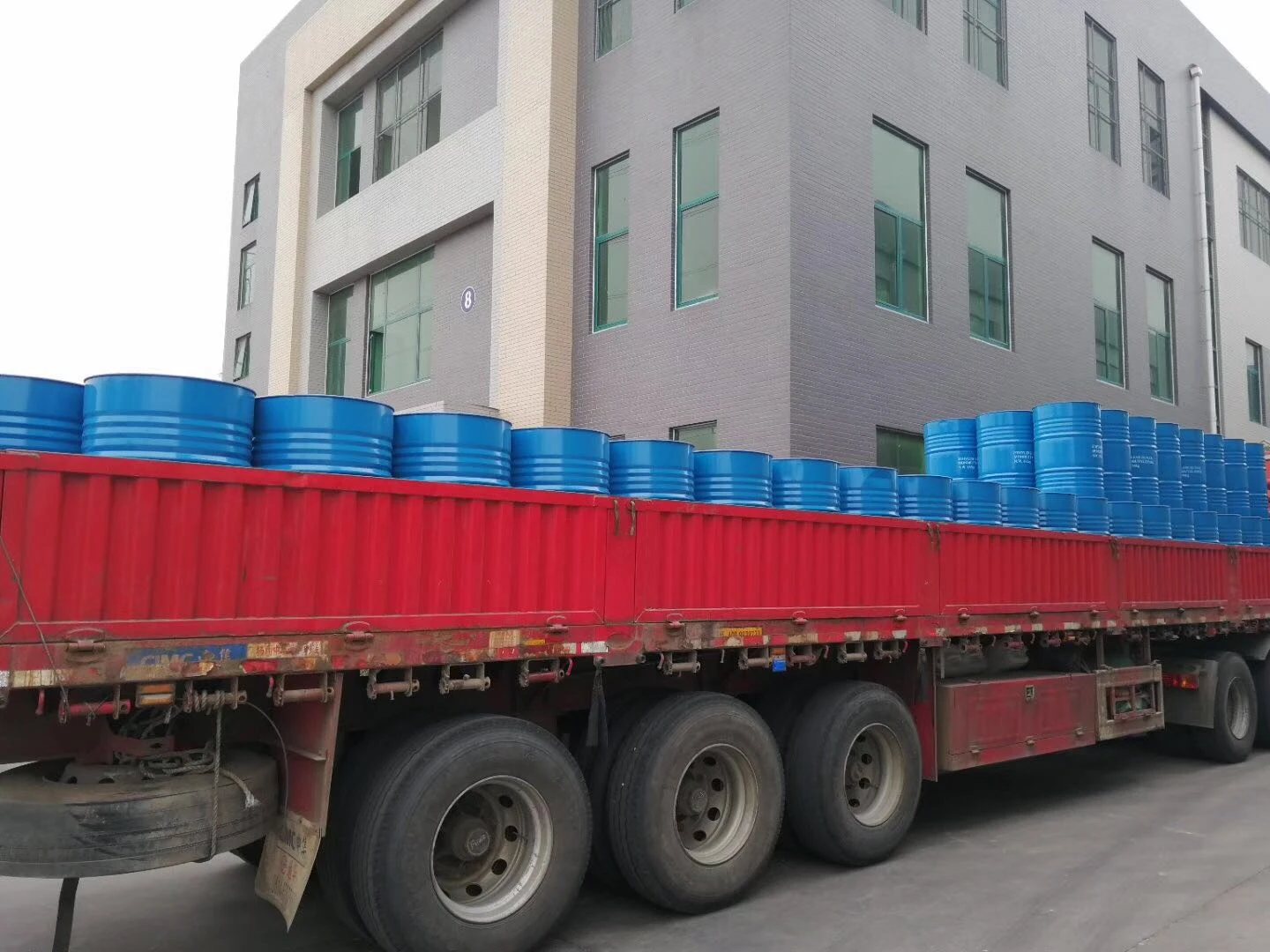Validation of Active Pharmaceutical Ingredients Ensuring Quality and Safety
The pharmaceutical industry operates under stringent regulatory frameworks that aim to ensure the quality, safety, and efficacy of medicinal products. One critical component of this framework is the validation of Active Pharmaceutical Ingredients (APIs). This process is vital not only for compliance with regulatory standards but also for safeguarding public health.
Active Pharmaceutical Ingredients are the biologically active components in medication that produce the desired therapeutic effect. The complexity and variability of these substances necessitate a rigorous validation process to ascertain their quality throughout the manufacturing and development stages. Validation of APIs involves a series of activities designed to demonstrate that these substances meet predefined specifications and consistent performance criteria.
The Importance of Validation
Validation serves multiple purposes in the pharmaceutical industry. Primarily, it helps to confirm that APIs are produced in a controlled and reproducible manner. Inconsistent API quality can lead to significant consequences, including diminished therapeutic effects, increased adverse reactions, and compromised patient safety. Thus, effective validation minimizes variability by ensuring that processes are documented, repeatable, and follow established guidelines.
Regulatory bodies such as the Food and Drug Administration (FDA) and the European Medicines Agency (EMA) set forth specific regulations and guidelines for API validation. Following these guidelines not only facilitates compliance but also fosters trust among healthcare providers and patients regarding the medications they use.
Key Components of API Validation
1. Process Validation This is one of the most significant elements of API validation. It involves the assessment of manufacturing processes to ensure that they consistently produce API meeting specifications. Process validation encompasses several stages, including the development phase, scale-up, and commercial production. Each stage must be verified to confirm that the process is robust, effective, and capable of continuous operation.
validation of active pharmaceutical ingredients

2. Analytical Method Validation Reliable analytical methods are crucial for determining the quality and purity of APIs. Analytical method validation involves evaluating a method's accuracy, precision, specificity, sensitivity, and reproducibility. Ensuring that these methods are robust and validated helps detect impurities and guarantees that the APIs meet quality standards before they are incorporated into final drug products.
3. Equipment Qualification The equipment used in the manufacturing of APIs must be qualified to ensure it performs as intended. This includes installation qualification (IQ), operational qualification (OQ), and performance qualification (PQ). Each step involves rigorous testing to verify that equipment operates correctly and consistently, thereby contributing to the overall quality of the final product.
4. Cleaning Validation The potential for cross-contamination between different APIs necessitates rigorous cleaning validation processes. Cleaning procedures must be validated to ensure that residues from previous products do not contaminate subsequent batches, protecting the integrity of the APIs.
Challenges in API Validation
While the importance of API validation is clear, the process is not without its challenges. One significant issue is the increasing complexity of pharmaceuticals, including biologics and combination products. These complexities require continuous adaptation of validation practices to address new manufacturing technologies and methodologies.
Moreover, the growing emphasis on cost reduction and efficiency can sometimes conflict with rigorous validation practices. Companies may face pressure to expedite processes, risking thorough validation for the sake of speed. However, such a compromise can lead to dire consequences including product recalls, regulatory fines, and, most importantly, risks to patient safety.
Conclusion
In conclusion, the validation of Active Pharmaceutical Ingredients is an indispensable part of pharmaceutical manufacturing, directly correlating with product quality and patient safety. As the industry evolves, the validation processes must adapt to emerging technologies and methodologies while maintaining strict adherence to regulatory expectations. By prioritizing rigorous validation practices, the pharmaceutical industry can continue to safeguard public health and produce safe, effective, and high-quality medicines. The commitment to validation is not just a regulatory obligation but a moral imperative to ensure that patients receive the best possible care through the medicines they trust.

